“To cross a bridge, a river or a border is to leave behind the familiar, personal and comfortable and enter the unknown, a different and strange world where, faced with another reality, we may well find ourselves bereft of home and identity.”
—Jean-Pierre Vernant
You cannot think of land without thinking of water. A bridge is an attempt to join what is separated. Bridges connect A to B, linking that which would otherwise be separated. From London to Lyon to China’s Lingzidi Village, these are a collection of bridges that duly illustrate the words of Vernant.


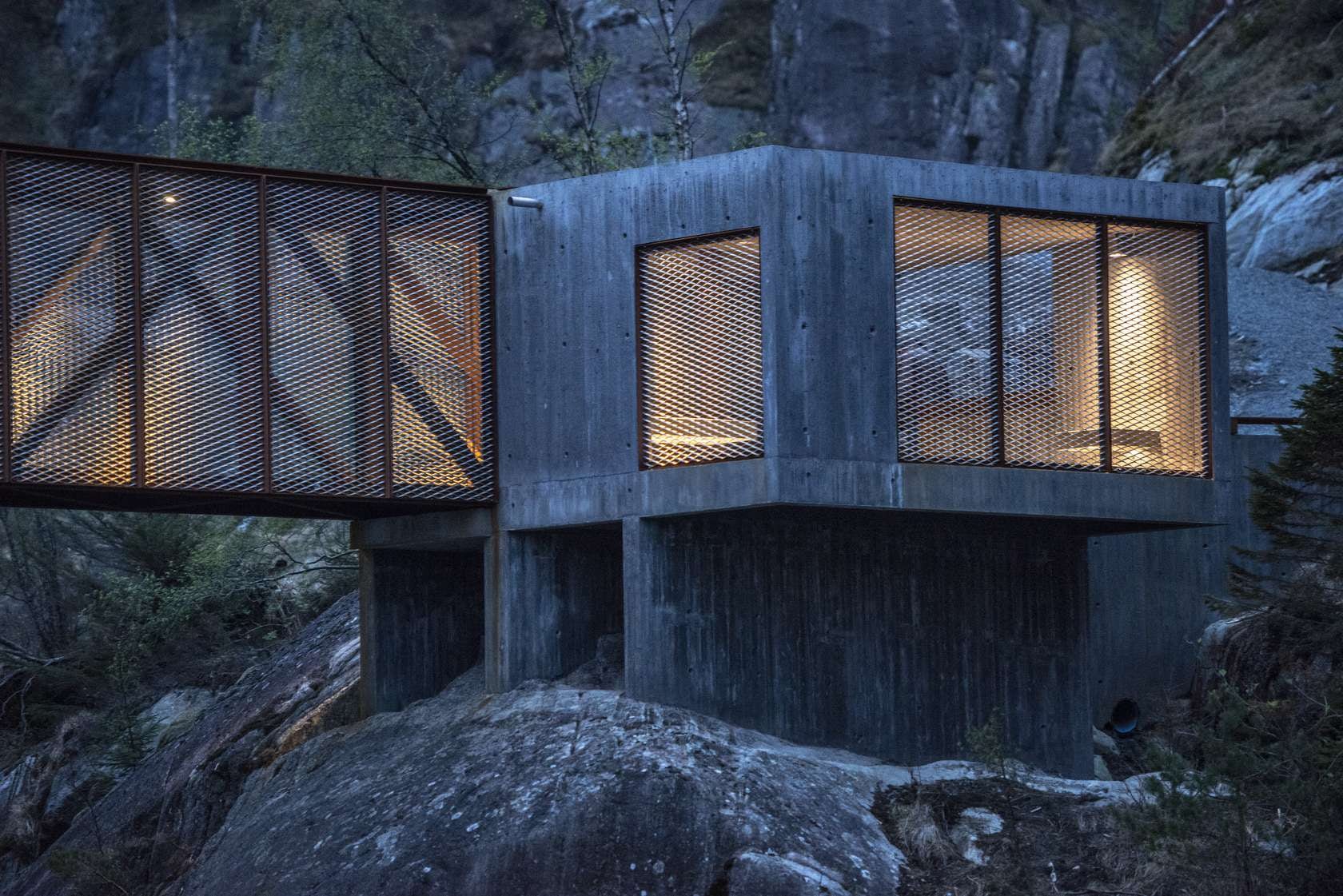
Høse Bridge by Rintala Eggertsson Architects
Høse Bridge connects the town of Sand, in the municipality of Suldal on the west coast Norway, to a vast wooded landscape primarily used for recreation. Originally conceived in a workshop in which architect Ivan Kroupa worked with Sand citizens to conceive a bridge that allows the area to be more accessible, especially for the young and the elderly. From the start of the design process, it was an important for the concept to capture the power of the river running underneath the bridge. This developed into an enclosed acoustic space above the middle of the river, giving a passersby a connection to the untamed natural environment.
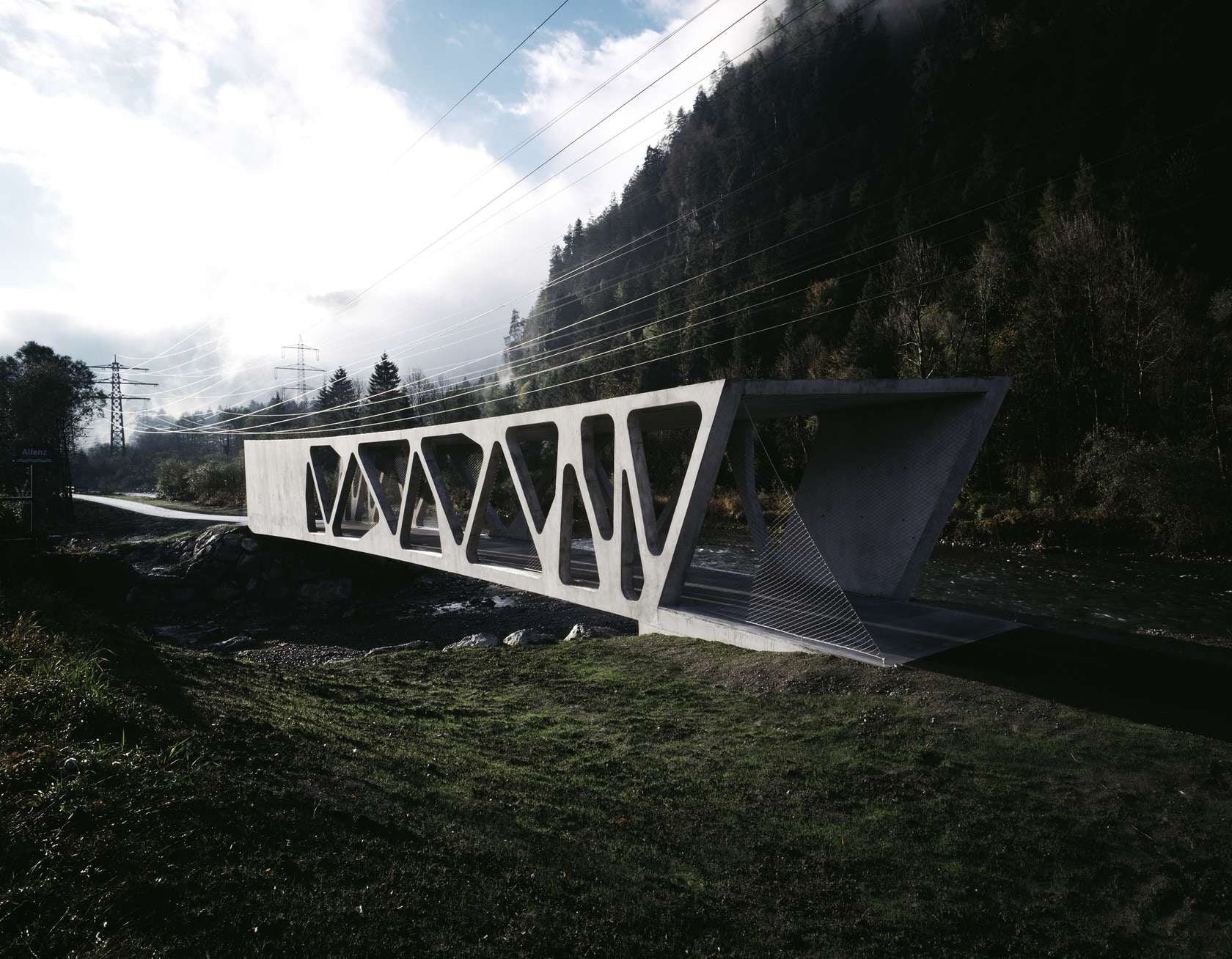
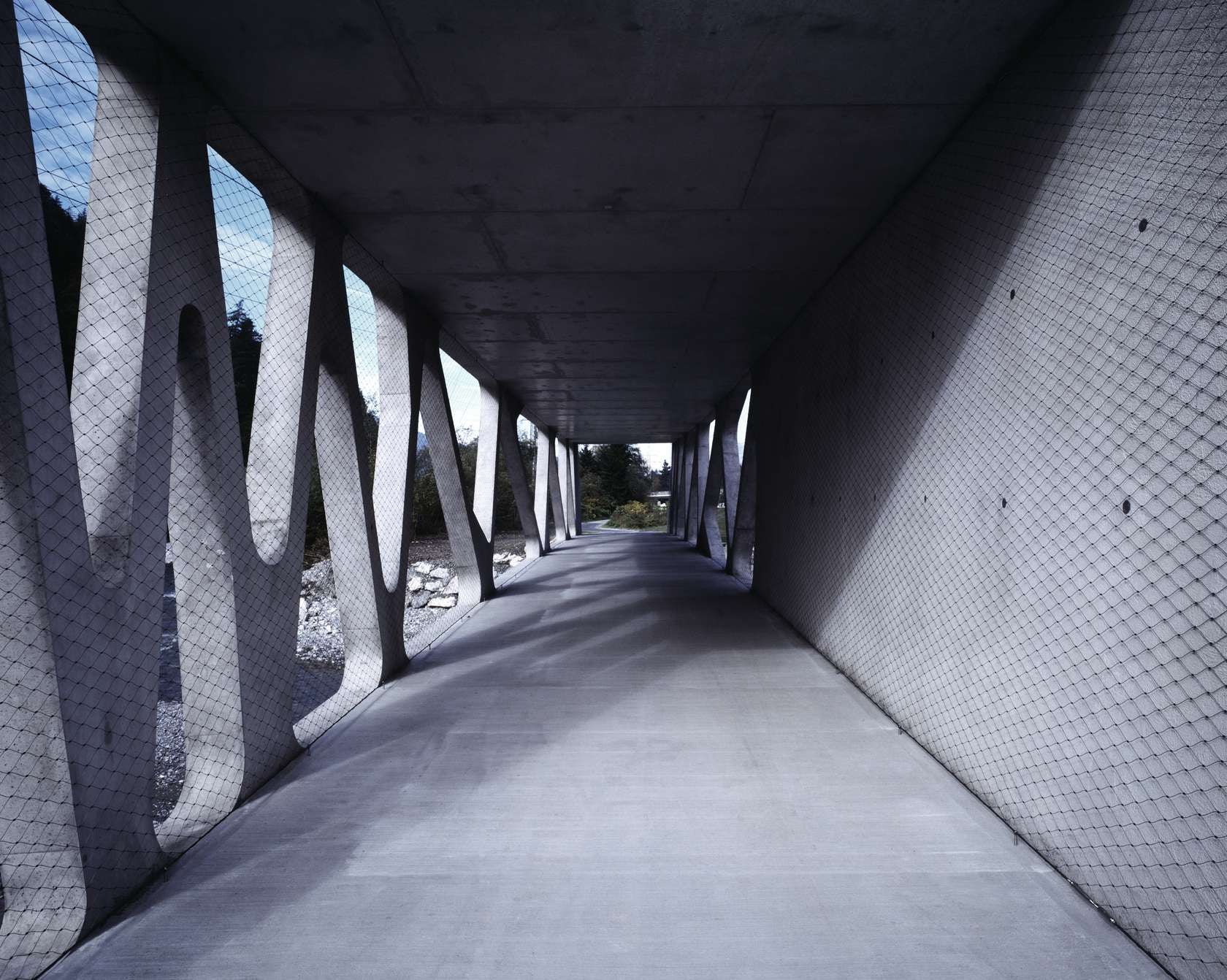

Alfenz Bridge by Marte.Marte Architects
The entrance to Montafon Valley is a topographical nightmare. Before it was constructed, the railway and the federal highway were the only paths of access leading to the southernmost valley of Vorarlberg, nestled deep in the Alps. The structural wall frame responds to environmental influences and supporting loads by means of different sized openings. The overall aesthetic is the result of structural logic and efficient use of materials. The Alfenz Bridge also connects cyclists to the Bludenz-Schruns path, making the bridge a landmark in the network of car-free mobility.
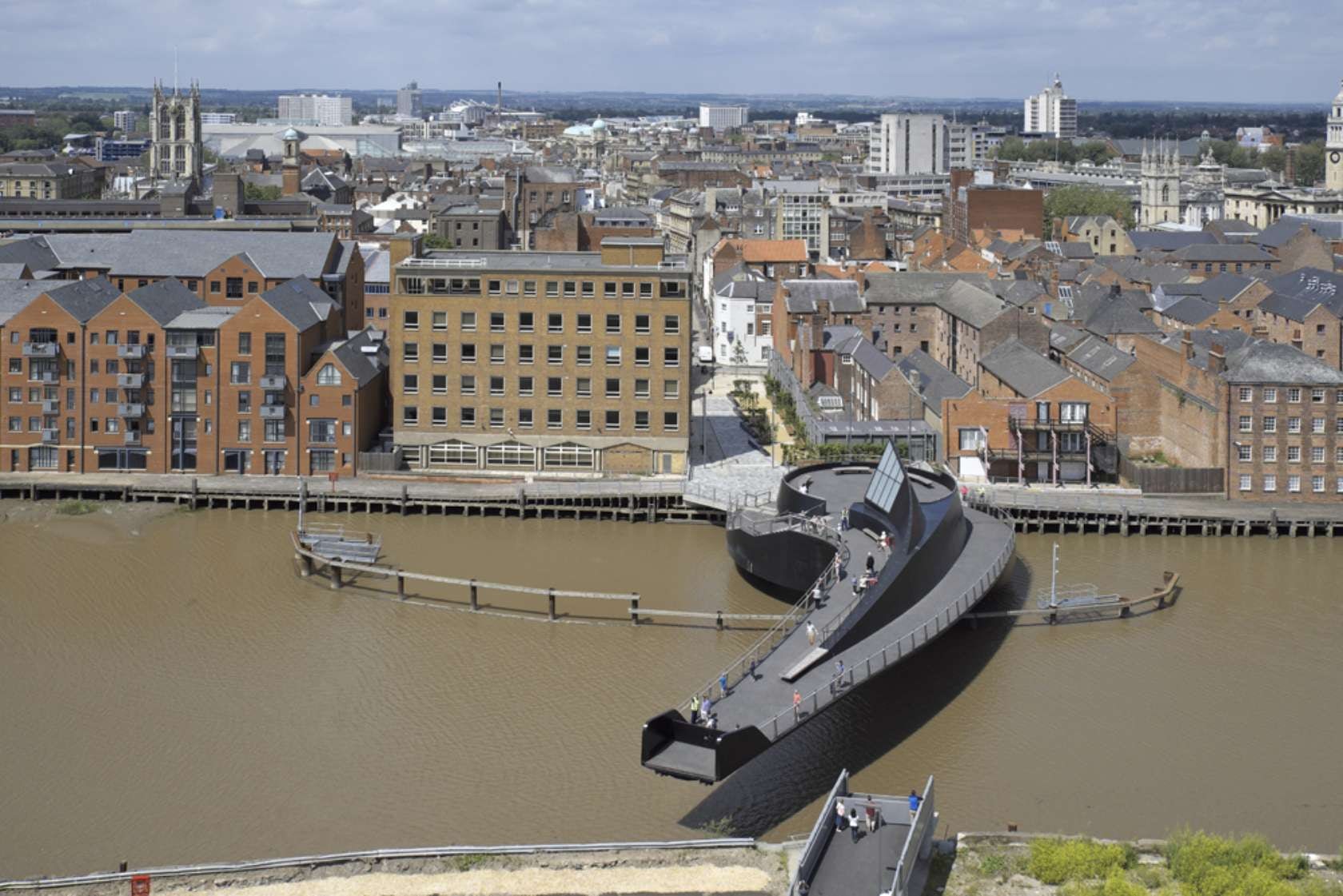
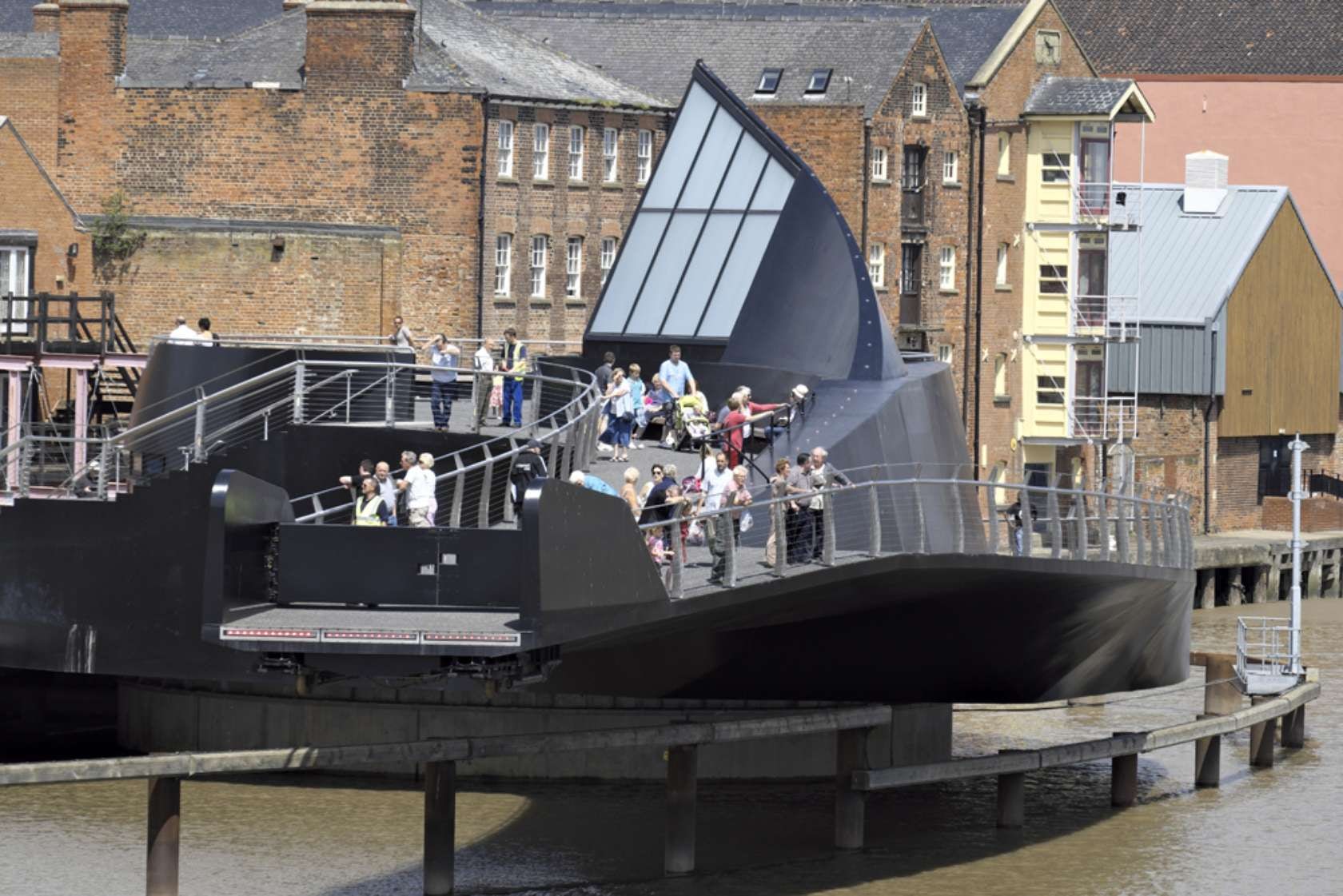
Scale Lane Bridge by Mcdowell+Beneditti
The apostrophe-shaped bridge in Hull, England, has a rotating mechanism that allows for a unique experience for pedestrians to ride the bridge while it swings open like a pinball paddle to make room for passing boats. Scale Lane Bridge connects Hull’s Old Town Conservation Area to the undeveloped industrial landscape of the east bank. Conceived in the original masterplan, the link aims to promote wider generation in the areas east of the city center.


Bridge of Peace by Dietmar Feichtinger Architectes
The Bridge of Peace allows cyclists and pedestrians to cross the Rhone in Lyon, France. The bridge itself symbolizes both the landscape and urban changes occurring in the region. Two major parks flank the river, which can be seen from the high-speed railway entering Lyon. Two walkways link the conference center “Cité International” to the district of St. Clair. The top is divided into bicycle lane and a footpath facing toward the city, while the lower walkway links the lower riverbanks, such that the two walkways meet in the middle of the river and form a large public space.

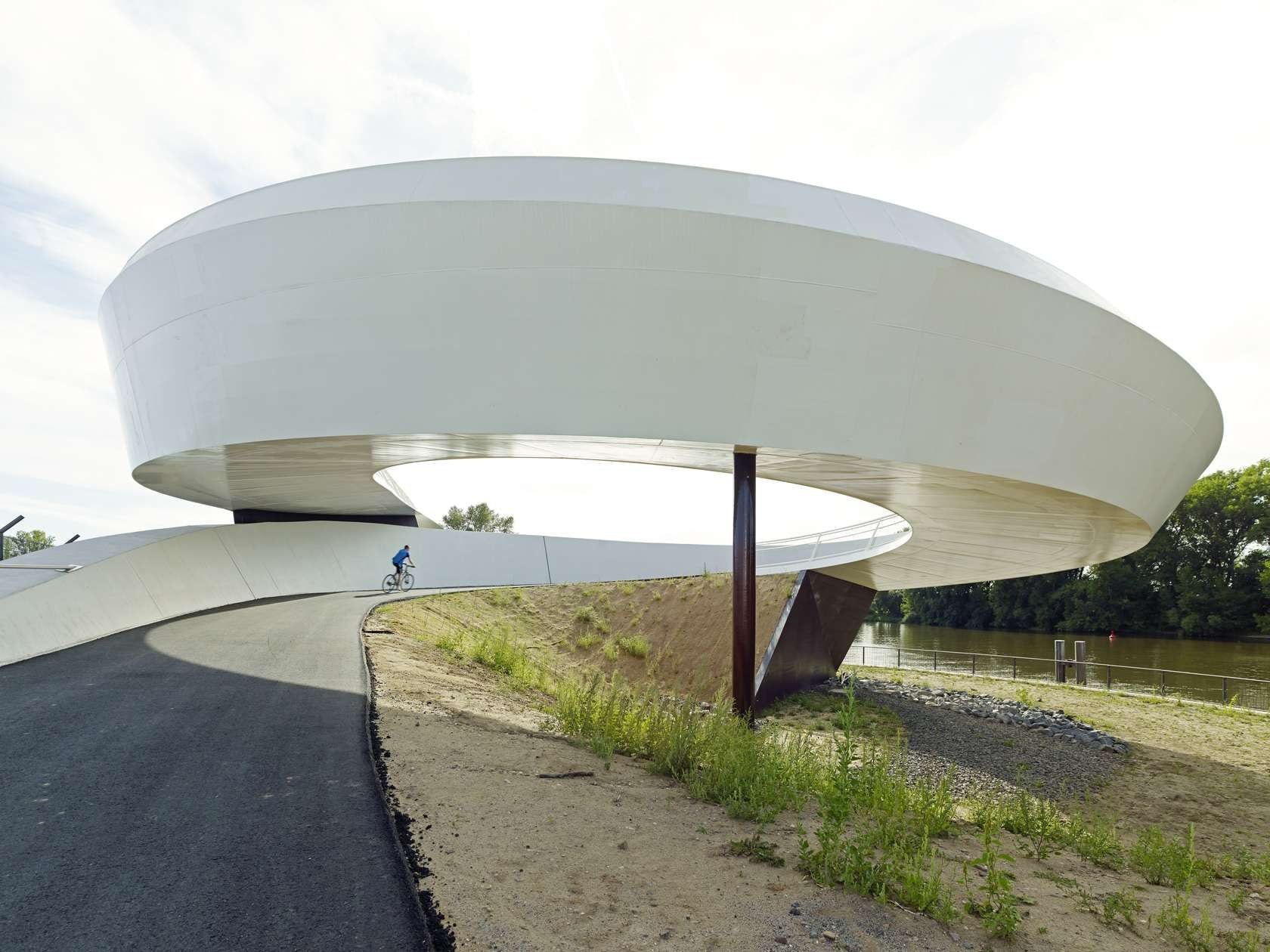
Oil Harbour Bridge by schneider+schumacher
Located in Raunheim, this bridge is located very close to the storage tanks in the oil depot, where high flammable substances are transported and housed. Thus, the bridge was designed to prevent or at the very least make it difficult for the bridge traffic to get access to passing tankers. While maintaining to safety standards, the bridge also provides unobstructed river views from the elegant sculptural form.
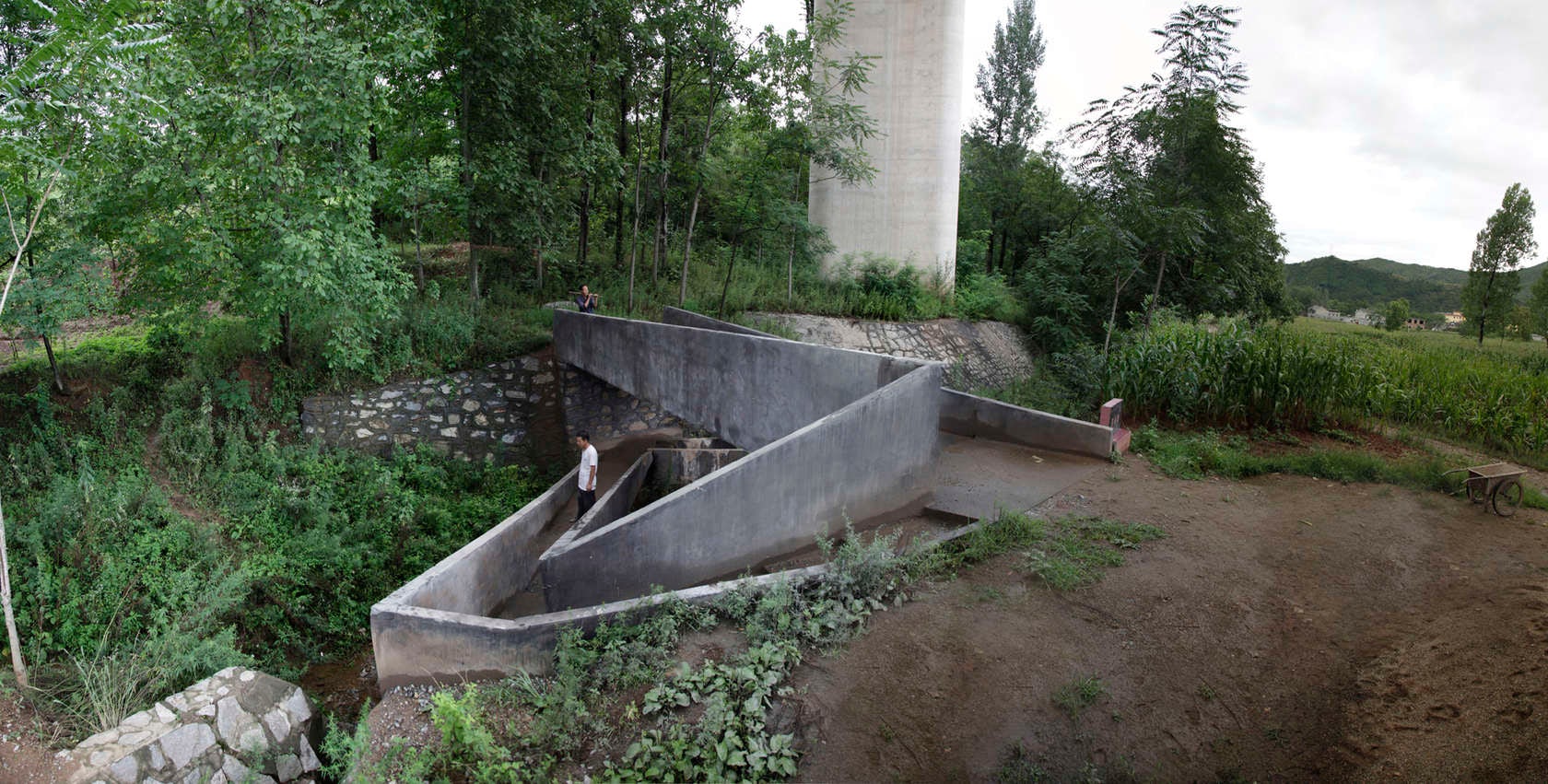

© Rural Urban Framework
Lingzidi Bridge by Rural Urban Framework
This pedestrian bridge is a response to the rapid urbanization of China, in which “the top-down planning approach often overlooks the needs of the specific needs of the local area.” Although highways bring “employment and increased accessibility,” they may come at the expense of the existing infrastructure. “In order to construct the new highway in Shaanxi Providence, hundreds of local bridges had to be destroyed. This pedestrian bridge in Lingzidi Village was designed for the disrupted network effected by the highway construction.”

Lightweight Bicycle Bridge by plein06
Designed to be maintenance-free for 50 years, this bridge nicely illustrates how the Dutch have embraced cycling as a way of life. The lightweight span allows for a similarly lightweight foundation, with the upshot of overall cost reduction, as well as the preservation of the existing landscape, including 100-year-old willow trees dikes.The new bridge connects the city centre of Maassluis with the new built sustainable Lely Campus, some suburban areas and the surrounding countryside of Maassluis.
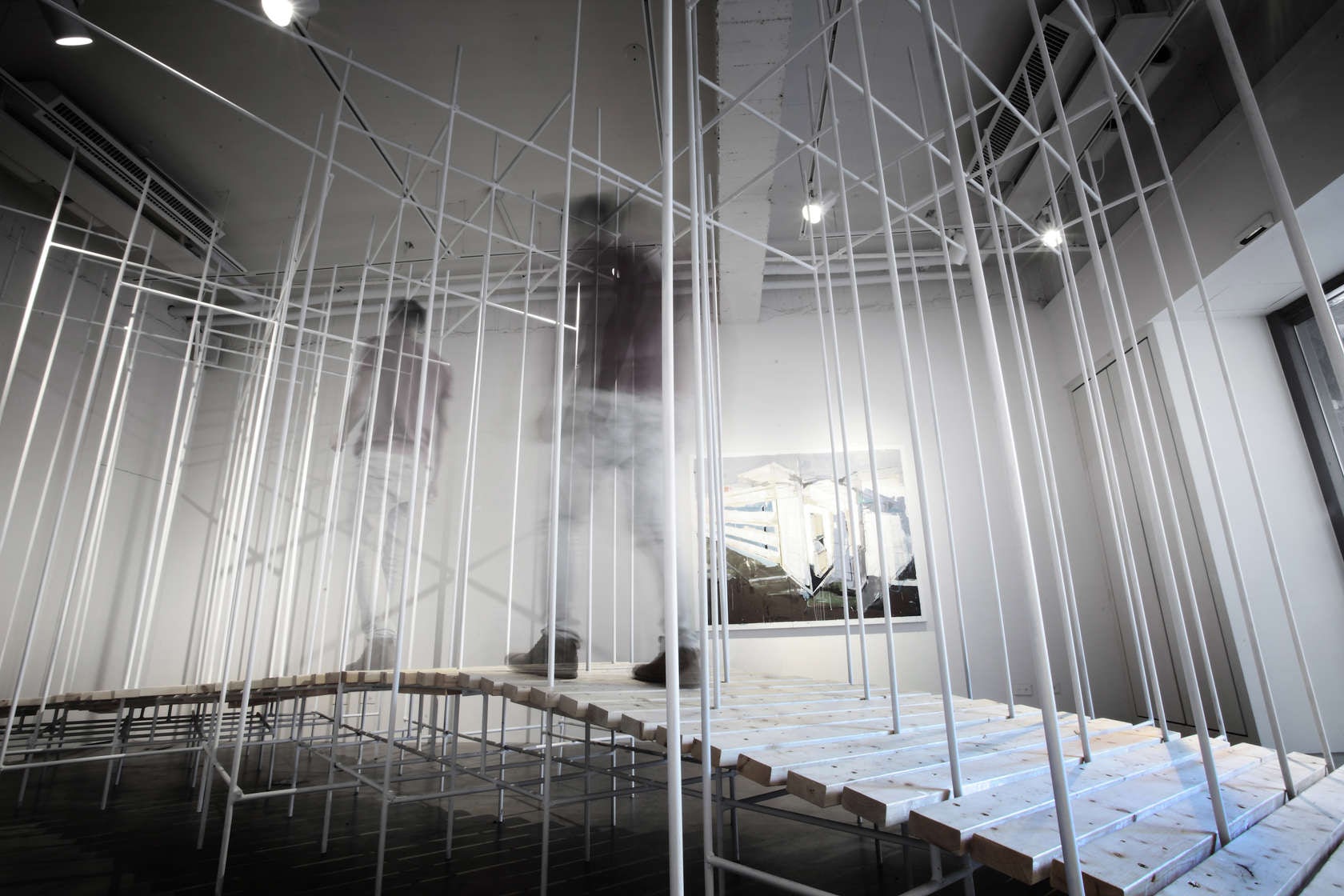

Continuous Rain. Floating Island. Suspension Bridge — The weight of sensation by ArchiBlur Lab
ArchiBlur developed this installation to explore the three concepts of weight, materiality, and spatiality, through a series of: Continuous Rain, Floating Island, and Suspension Bridge. Each construction engages visitors to reflect on real weight. Lightness and heaviness respond to the body in order to allow for the contemplation of the nature of architecture




